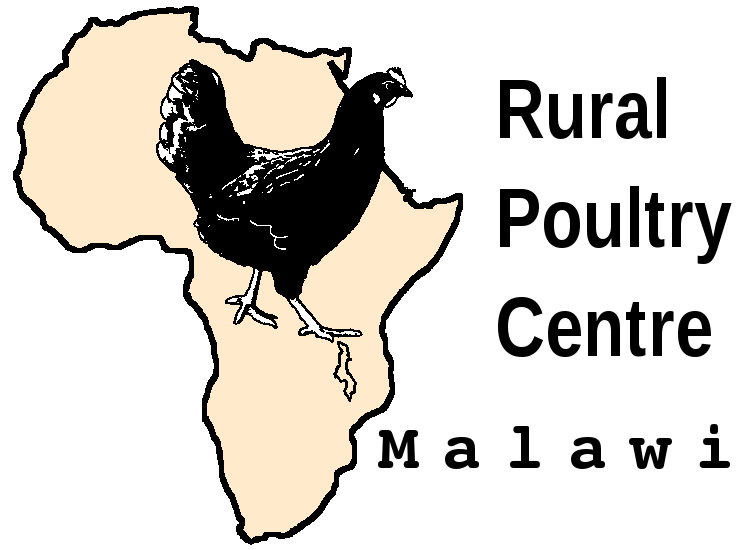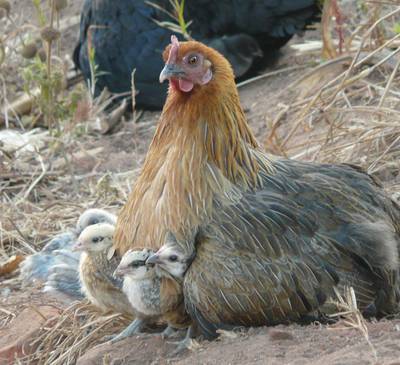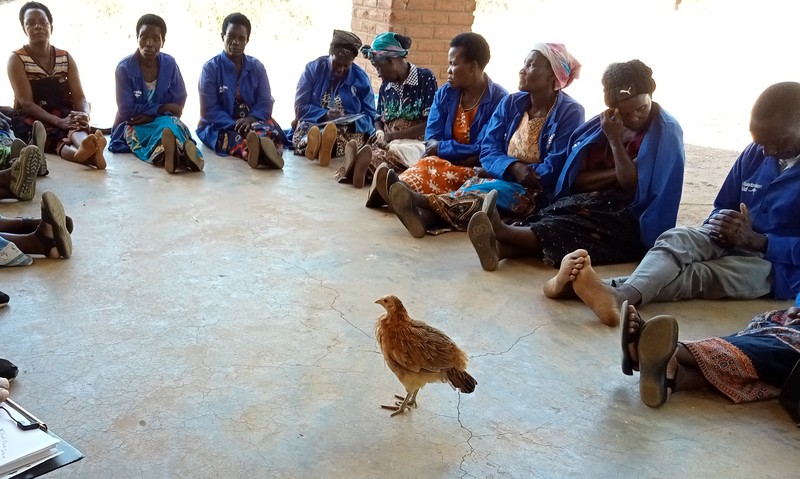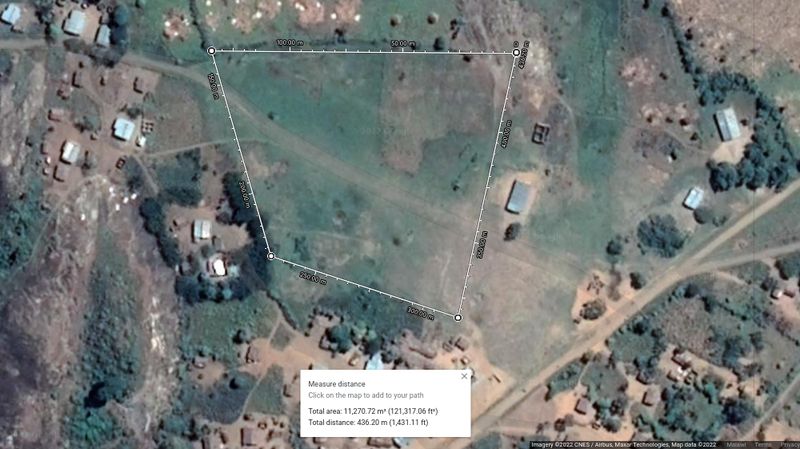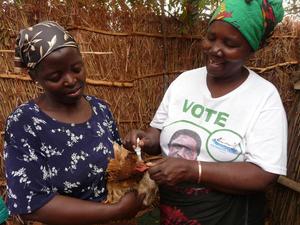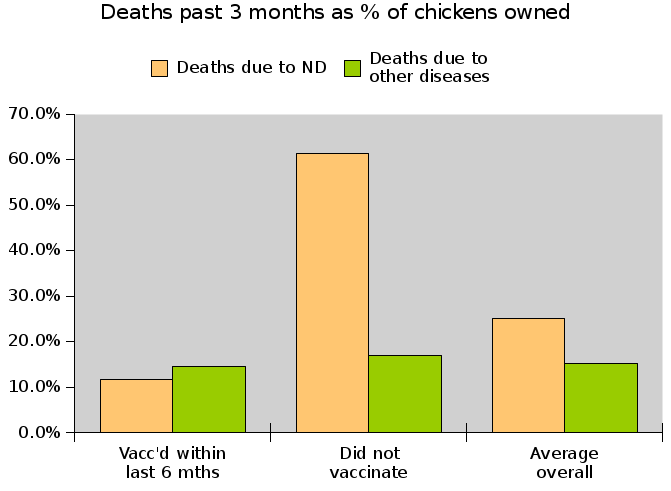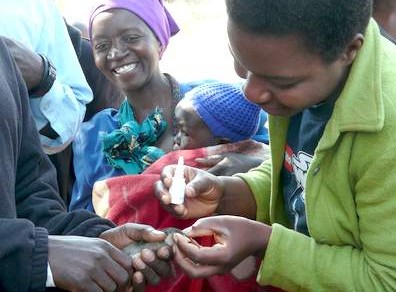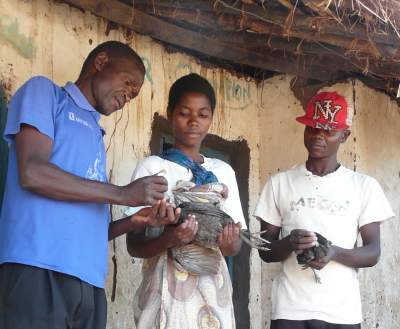What's happening...
Working with others
(May 2015)
There is a lot that an organisation like RPC can do to help improve rural poultry production. There are plenty of gaps out there. There are ways to improve feeding, improve housing, improve protection from predators and lots more. But if there is one way that stands out more than any other right now, it is simply to vaccinate chickens against Newcastle disease. They call this disease "Chitopa" here, which literally means that which causes tiredness. But it's much more than that. It's the single biggest killer of village poultry in this part of the world. And vaccination is still the exception, not the rule.
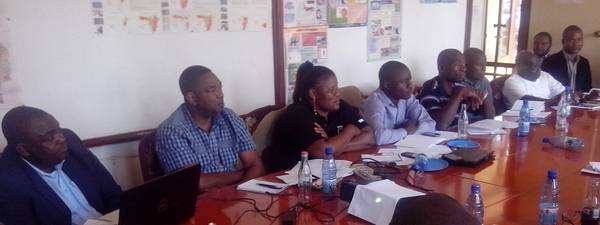
Discussing the vaccine production unit.
Which is why this week's meeting was so important. There is only one type of Newcastle disease vaccine here which really works under village conditions. It's name is I-2 and there is only one source, the vaccine production unit at the Central Veterinary Laboratory in Lilongwe. Sure there are several other Newcastle disease vaccines designed for and effective in commercial chickens but they just don't cut it in the village. I can't say exactly why. I suspect it's a combination of factors: handling of the chickens, operator expertise, lack of refrigeration facilities and so on. But I-2 does do the job and does it well - people in rural communities see it working and come looking for more. There is grass roots demand.
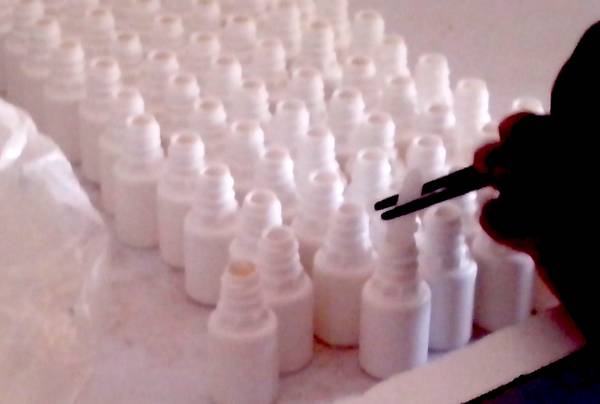 Vaccine production.
Vaccine production.So what about that vaccine production unit? Is it secure? Is it built to last? Will it meet future demand? Does it pay its way? What could we do if it was run over by the proverbial bus tomorrow? Those are questions which had taxed us for some time. So it came as good news that our friends in Inter-Aide, a French NGO very active with village poultry here, were seeking support from the laboratory and the Livestock Department to get the major users and other stakeholders together.
RPC is only a small organisation but we were in a unique position to help coordinate this. We got busy collecting information and documenting the situation. We did an analysis of the I-2 production unit and the cost of its operations. And we wrote this up and shared it with our colleagues from government and larger NGOs. We also bolstered the Inter-Aide initiative through phone calls and emails to other NGOs and in the end filled the meeting room to capacity.
You might not appreciate that large NGOs working in international development usually have a very broad scope of activities and village poultry may be only a very minor part of their operations. They might not have much relevant practical or technical knowledge at all about poultry. (Enter: RPC...)
The meeting was for only half a day but our discussions were focussed and intense. The event was universally regarded as a very positive development. It would be premature to predict the ultimate outcome but I can say with confidence that every delegate went away better informed and with a clearer understanding of the importance of a strong and healthy vaccine production unit. I am sure I am not alone in now feeling considerably more confident about both government and private commitment to the unit.
Wish us luck.
Pat Boland, 22 May 2015


